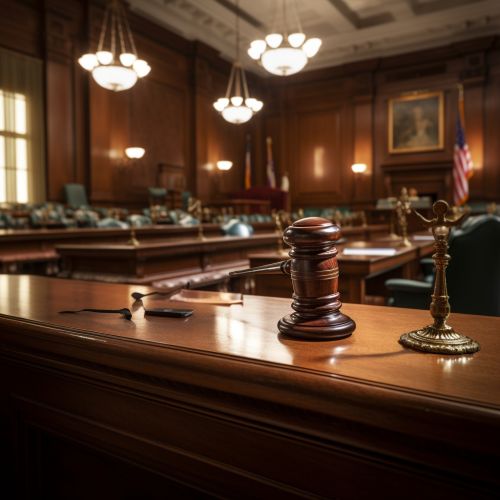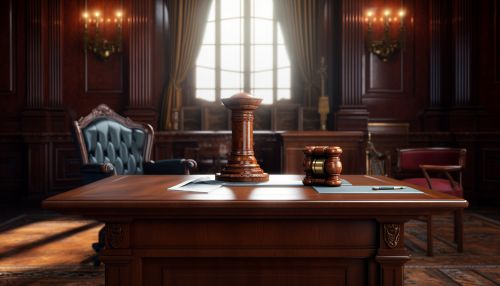Judicial review
Overview
Judicial review is a process under which executive and (in some countries) legislative actions are subject to review by the judiciary. A court with judicial review power may invalidate government actions, laws, and decisions that are incompatible with a higher authority, such as the terms of a written constitution. Judicial review is one of the checks and balances in the separation of powers: the power of the judiciary to supervise the legislative and executive branches when the latter exceed their authority.


History
The idea of judicial review has ancient origins. The concept was discussed in ancient Greek philosophy and Roman law, and was given a more structured form by the medieval philosopher Thomas Aquinas. However, the modern concept of judicial review was developed in the Western world primarily in the 18th and 19th centuries, during the age of Enlightenment and the spread of liberal ideas.
Principles
The principles that guide judicial review include the rule of law, the separation of powers, and the supremacy of the constitution. These principles are designed to ensure that the judiciary can act as a check on the powers of the other branches of government, and to protect individual rights and liberties.
Process
The process of judicial review varies between jurisdictions. In some countries, such as the United States, judicial review can be initiated by a private party in a lawsuit against the government. In others, such as the United Kingdom, judicial review is a type of lawsuit that can only be brought by a person with a direct interest in the matter.
Impact
The impact of judicial review on government and society can be profound. It can lead to the invalidation of laws and government actions, and can shape public policy in significant ways. It can also play a crucial role in protecting individual rights and ensuring the rule of law.
Criticisms
Despite its importance, judicial review has been the subject of criticism. Some argue that it gives the judiciary too much power, and that it can lead to judicial activism. Others argue that it is undemocratic, as it allows unelected judges to overturn laws passed by elected representatives.
